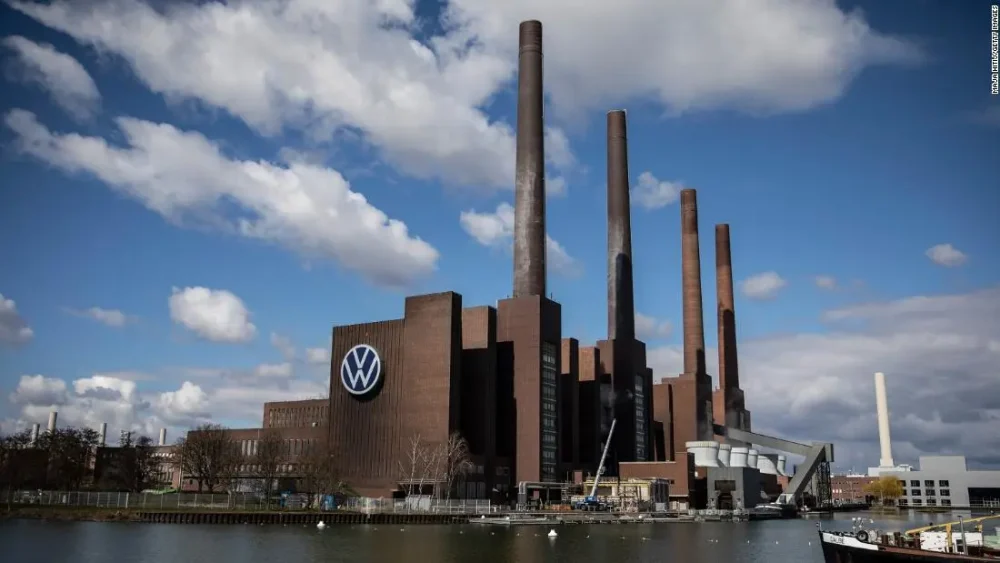Volkswagen is embarking on a transformative phase in Germany, aiming to streamline operations and reduce costs in response to declining market demand and heightened competition, particularly from Chinese automakers. The company has announced a strategic plan to cut 35,000 jobs through natural attrition and retirement schemes, marking a significant shift in its operational approach.
Central to this initiative is Volkswagen’s traditional model of cooperation between management and labor unions. Each manufacturing facility will have specific cost-reduction targets, with joint labor-management teams working collaboratively to achieve them. Despite these efforts, some investors express concerns about the plan’s effectiveness, questioning how substantial fixed-cost reductions will be realized without additional plant closures.
In line with the cost-cutting strategy, Volkswagen plans to cease production at its Dresden plant in 2025 and the Osnabrueck site in 2027. These closures have attracted interest from Chinese automakers seeking to establish a foothold in Germany’s automotive industry and circumvent potential EU tariffs on electric vehicle imports. However, the response from German labor unions, which hold significant influence, remains a critical factor in these potential acquisitions.
Volkswagen’s Chief Financial Officer, Arno Antlitz, emphasizes that enhancing productivity at German plants is crucial to achieving cost-reduction goals. The company has set specific milestones within the cost-cutting agreement, with provisions for additional measures if targets are not met. Antlitz underscores that future investments will be directed only toward competitive facilities, indicating that Germany will not be exempt from these evaluations.
This strategic overhaul reflects Volkswagen’s commitment to redefining its cost structure and product appeal amid a rapidly evolving automotive landscape. The company aims to save €15 billion in the medium term, though detailed plans for achieving this target have yet to be specified. As CEO Oliver Blume leads this initiative, Volkswagen’s approach to balancing traditional labor relations with the need for significant operational changes will be closely watched by industry stakeholders.








Leave a Reply